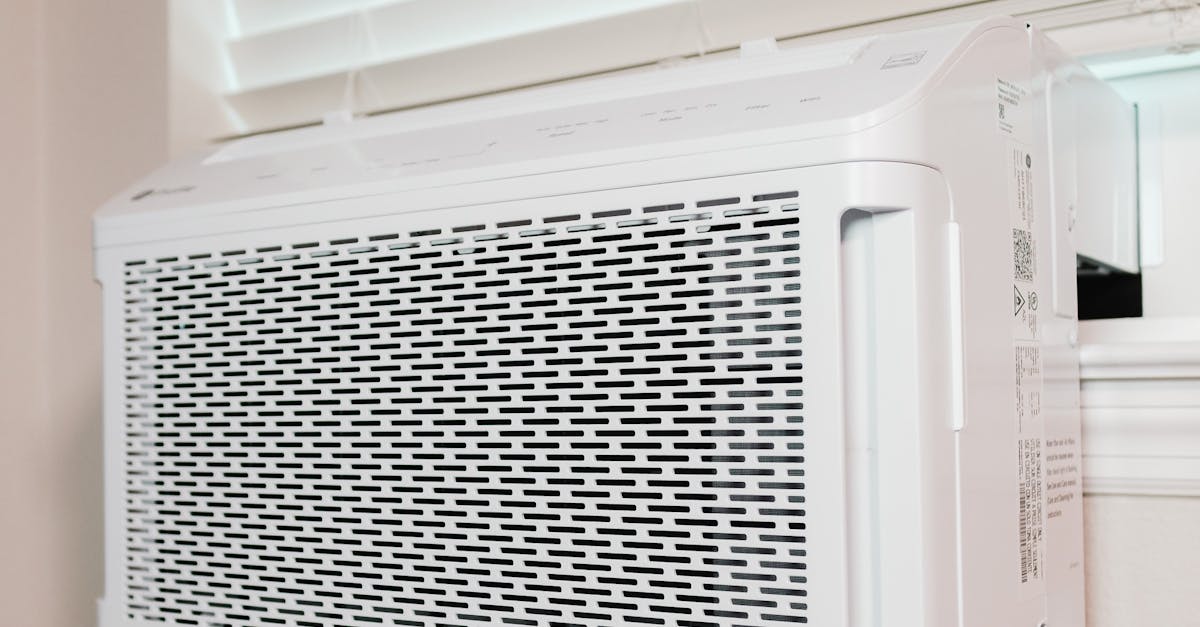
Ignition System Check
The ignition system plays a vital role in the overall performance of a vehicle. During Maintenance and Tune-Ups, technicians will check various components, such as spark plugs, ignition coils, and wiring. Ensuring these elements are in good condition can help prevent misfires and improve fuel efficiency. A thorough inspection may also involve testing the ignition timing to guarantee the engine operates smoothly.
Common ignition issues that can arise include worn-out spark plugs or malfunctioning ignition coils. If not addressed, these problems can lead to difficulties starting the engine or a noticeable drop in performance. Regular Maintenance and Tune-Ups can identify these issues early, allowing for timely repairs that maintain optimal engine function. Keeping the ignition system in proper working order is essential for ensuring a reliable driving experience.
Common Ignition Issues to Look For
Common ignition issues can often stem from worn-out spark plugs. Spark plugs play a crucial role in igniting the air-fuel mixture within the engine. When they become dirty or damaged, misfires may occur, leading to decreased engine performance and efficiency. Regular Maintenance and Tune-Ups can help identify these signs early on, preventing more significant problems down the line.
Another issue to consider is the ignition coil's condition. These coils are responsible for providing the necessary voltage to the spark plugs. If they are malfunctioning, it can result in difficulty starting the vehicle or poor acceleration. By incorporating comprehensive checks into Maintenance and Tune-Ups, drivers can ensure the ignition system operates smoothly, avoiding unexpected breakdowns and enhancing overall driving experience.
Battery Examination
A thorough battery examination is a crucial part of any vehicle's maintenance and tune-ups. Technicians typically start by checking the battery's voltage to ensure it is within the normal operating range. They also inspect the terminals for corrosion and ensure that connections are tight. Any signs of wear or leaks are red flags indicating the need for further attention. A well-maintained battery not only starts the engine efficiently but also supports other electrical systems in the vehicle.
In addition to visual checks, battery testing can involve load tests to assess the battery's ability to hold a charge. This ensures reliability under various driving conditions. Regular battery examinations as part of maintenance and tune-ups can prevent unexpected breakdowns and extend the lifespan of the battery. Keeping the battery in peak condition is an investment in overall vehicle performance and reliability.
Importance of Battery Health
Battery health plays a crucial role in the overall performance of a vehicle. A well-maintained battery ensures reliable starts and supports various electrical systems. Issues such as corrosion, loose connections, or old age can compromise battery function. Regular inspections during Maintenance and Tune-Ups can detect these problems early, preventing potential breakdowns.
In addition to functional reliability, a healthy battery contributes to better fuel efficiency. A weak battery can force the alternator to work harder, draining more power from the engine. This additional strain can lead to increased fuel consumption. By prioritizing battery health in your Maintenance and Tune-Ups, you not only enhance vehicle performance but also extend the life of other essential electrical components.
Engine Timing Adjustment
Engine timing adjustment is a crucial aspect of regular vehicle maintenance. It involves ensuring that the engine's components work together harmoniously for optimal performance. Proper timing allows the engine to fire at the right moment, which can improve efficiency, reduce emissions, and enhance overall power delivery. Neglecting to adjust the timing can lead to advanced or retarded ignition, causing misfires or excessive engine knock.
During maintenance and tune-ups, technicians typically check the timing belt or chain, inspect timing marks, and make necessary adjustments. This process helps in identifying any wear or potential failure points in the timing components. A well-timed engine operates smoothly, ensuring that fuel combustion occurs as designed, which is essential for both performance and fuel economy.
Effects of Proper Timing on Performance
Proper engine timing plays a crucial role in the overall performance of a vehicle. When the engine timing is accurately aligned, it ensures that the spark plugs fire at the optimal moment in relation to the position of the pistons. This synchronization improves combustion efficiency, leading to better fuel economy and power output. An engine that runs with correct timing can provide a smoother and more responsive driving experience.
In contrast, having incorrect timing can cause a range of issues including misfires, rough idling, and decreased acceleration. Regular Maintenance and Tune-Ups help to keep the engine timing within the manufacturer’s specifications, ultimately prolonging engine life and reducing wear on various components. Consistently checking and adjusting the engine timing as part of routine service can prevent costly repairs down the line while enhancing overall vehicle reliability and performance.
FAQS
What is included in a typical tune-up?
A typical tune-up usually includes checks and adjustments of the ignition system, battery examination, engine timing adjustment, and inspection of other critical components like filters and spark plugs.
How often should I get a tune-up for my vehicle?
It is generally recommended to get a tune-up every 30,000 miles or every couple of years, but you should consult your vehicle's owner manual for specific guidelines.
What are some common ignition issues that might be addressed during a tune-up?
Common ignition issues include worn spark plugs, faulty ignition coils, and problems with the ignition timing, all of which can affect engine performance and fuel efficiency.
Why is battery health important during a tune-up?
Battery health is crucial because a weak or failing battery can lead to starting issues and can affect other electrical components in your vehicle, which is why it's examined during a tune-up.
How does engine timing adjustment impact my vehicle's performance?
Proper engine timing ensures that the engine runs smoothly and efficiently, improving performance, fuel economy, and reducing emissions. An adjustment can often enhance acceleration and overall driving experience.
